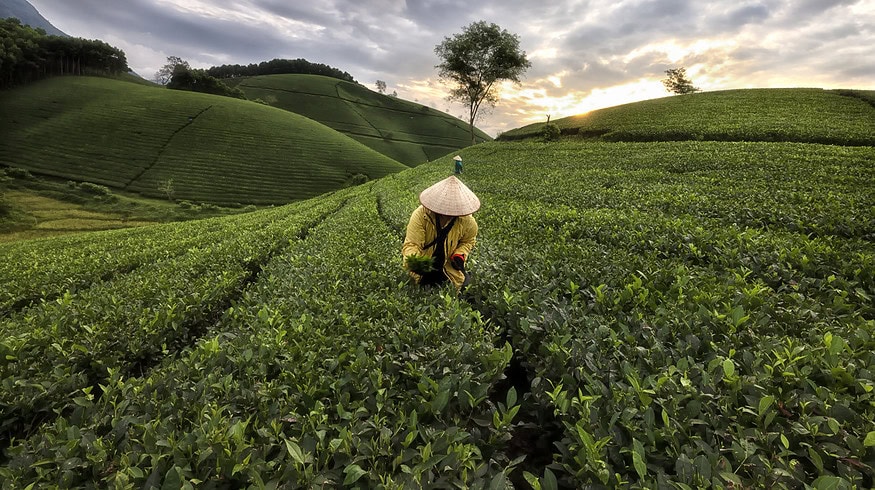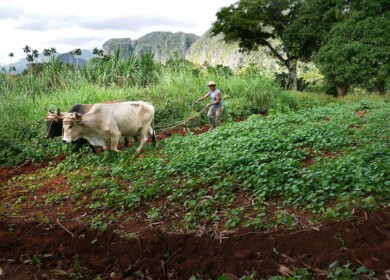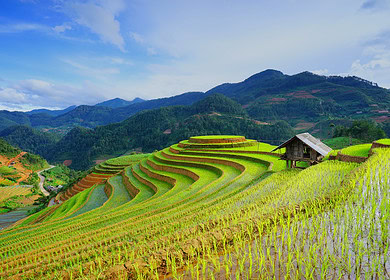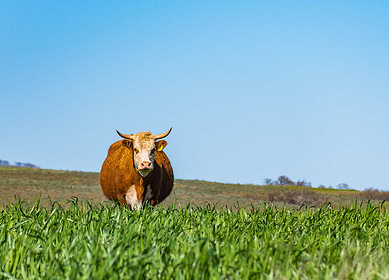Vietnam plans to set criteria for low-emission farming and introduce carbon credit sales

Vietnam’s Ministry of Natural Resources and Environment (MONRE) is working to establish guidelines to aid farmers in achieving low-emission farming and to facilitate the sale of carbon credits. Tang The Cuong, director of the Department of Climate Change under MONRE, emphasized his Ministry’s significant focus on sustainable agricultural methods.
In Vietnam, agriculture is a major source of greenhouse gas emissions, second only to the energy sector. In response, the Ministry of Agriculture and Rural Development (MARD) has implemented several initiatives aimed at reducing these emissions. Its plan to reduce emissions from agriculture, forestry, aquaculture, and land use by 2030 includes guidelines for projects that can earn carbon credits, especially in forestry. Vietnam has already seen success in this area, having sold 10.3 million forest carbon credits (equivalent to 10.3 million tons of CO2) through the World Bank for $5 per ton, generating $51.5 million.
Further extending its carbon credit ventures, MARD is collaborating with the World Bank and other partners to promote low-emission rice farming in the Mekong Delta. This initiative has already yielded promising results in its initial two-year trial and allowed farmers to earn additional profits through carbon credit sales, boosting their income by 18 million Vietnamese Dong ($770) per hectare compared to traditional methods.
On the frontlines of implementing these low-emission techniques is the Tam Dao Mushroom Cooperative, led by Nguyen Quoc Huy in Vinh Phuc. The cooperative is expanding into mulberry cultivation and silkworm farming in the mountainous regions of Lao Cai, Tuyen Quang, Yen Bai, and Cao Bang. These efforts contribute substantially to the local economy, with mulberry cultivation potentially generating up to 300 million Vietnamese Dong ($12,800) in revenue per hectare annually. Huy outlined the environmental benefits of their approach, noting, “We use organic fertilizer and biological plant protection substances, which ensure very low emissions and enhance the potential for selling carbon credits.”
MONRE and MARD are now poised to develop carbon certification methods for these agricultural practices, aiming to support localities and farmers in contributing to Vietnam’s Net Zero target by 2050.
Enjoyed this story?
Every Monday, our subscribers get their hands on a digest of the most trending agriculture news. You can join them too!















Discussion0 comments